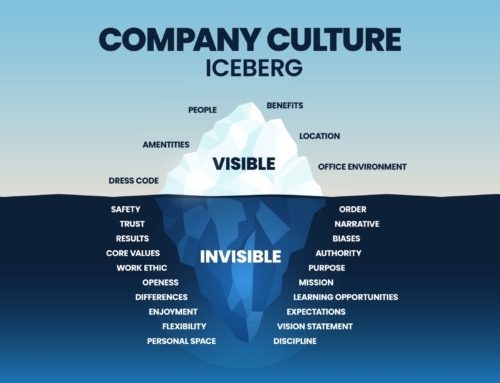Ask any Organisational Change person how long it takes to change the culture in an organisation, and they will tell you 2 to 3 years.
Why so long?
Well if you want to change the way people think, interact, respond and work, it is challenging, really very challenging. Getting your ducks in a row over that period to ensure total engagement is a full-time job for management.
However, there is a circumstance where culture change is fast tracked, it’s an inadvertent organisational culture change that organisations are facing all of the time. Several of our clients are going through this challenge as we speak, it is not new and it’s just as big a challenge, just not recognised enough as such.
The Scenario
The CEO is replaced in an organisation, rarely does the new CEO want to adopt a ‘business and usual’ approach, they are appointed CEO to make a positive change or a difference.
Sometimes the change in CEO is accompanied by a change in the senior team, so now you have a whole leadership team with a new agenda. Trouble is, they are now leading an organisation with an established culture – good, bad or indifferent, it’s there and possibly conflicting.
What does management theory tell us about the first 90 days?
Start to make a difference!
What does management theory say about culture change?
It takes 2 to 3 years.
Are we seeing the disconnect yet?
While the new CEO is perfectly comfortable with the culture they own and start to drive into the organisation, if there is a gap, several things will happen:
- The best (most portable) people in the organisation leave (due to a conflict in values usually)
- The least portable people dig in and sometime are promoted beyond their means
- Productivity drops as people start to deal with the conflicts in values
- Restructures and reorganisations start as those who resist are moved out
- Productivity drops again as people deal with survivor guilt or become stressed over the increase in workload
- New people who better align with the values are employed
- A rebuild almost from the bottom up is now needed.
Case Study 1
A new CEO is appointed, has extremely good strategic thinking skills but has exceptionally poor people skills. The Board thinks strategic skills are required because the previous CEO was too ‘soft’, they have not considered that the old CEO surrounded himself (buy default if you like) with people with shared values and shared meaning. New CEO will have none of that, it’s all about the strategy. Outcome: Within 6 months the top 40 people have left the organisation and started up a company in opposition. New CEO is gone within 9 months.
Case Study 2
Old CEO is brought in to tidy up the company’s culture and demonstrates excellent people skills. Builds a team around themselves where anyone in the management team would walk over hot coals for. Company is a large multinational, with shareholders and a reducing market. Senior management decide a change is needed to refocus on costs and cost cutting. New CEO appointed and demonstrates poor people skills, management team starts to disintegrate almost immediately. The follow-on effect has a huge impact across the company as they struggle with the new regime without any real support from management – those who initiated the change.
Case Study 3
New CEO is appointed, immediately acknowledges the contribution of the previous CEO and takes time to review the culture. Prepares a strategic plan, engaging senior staff and starts to communicate with the workforce. The strategic plan lays out not only a clear direction, but also covers the reasons why, provides clear direction, measures progress and rewards achievement. The new CEO recognises that a change in management in itself is a major change initiative. The new CEO recognises that leadership is about the strong relationships they form, not about how well they manage. The transition of the new management team is treated like any other cultural change program.
Conclusion
Yes, articles tell you culture change takes 2 to 3 years, but I have seen it change in 2 to 3 months – unfortunately under circumstances when the leadership/management change is done very badly. Most managers and leaders we coach rarely know what a huge impact their behaviour has on the organisation, despite all the evidence and documentation. What you notice, how you behave, what you reward and what you sanction all drive the culture. That is why culture change can only start with a change from the very top. A change in CEO is a quick way to address this, and let’s face it, that seems to be the preferred method in organisations today, but a misalignment in culture and values and poor execution will quickly unravel the speed of change.
About the Author

Peter James is a professional career coach, with expertise in the areas of strategic and ‘hands-on’ change management, coaching, group facilitation, leadership development and organisational design and change. Peter James is director at Career Life Transitions.














Dr Susan Roberts says: